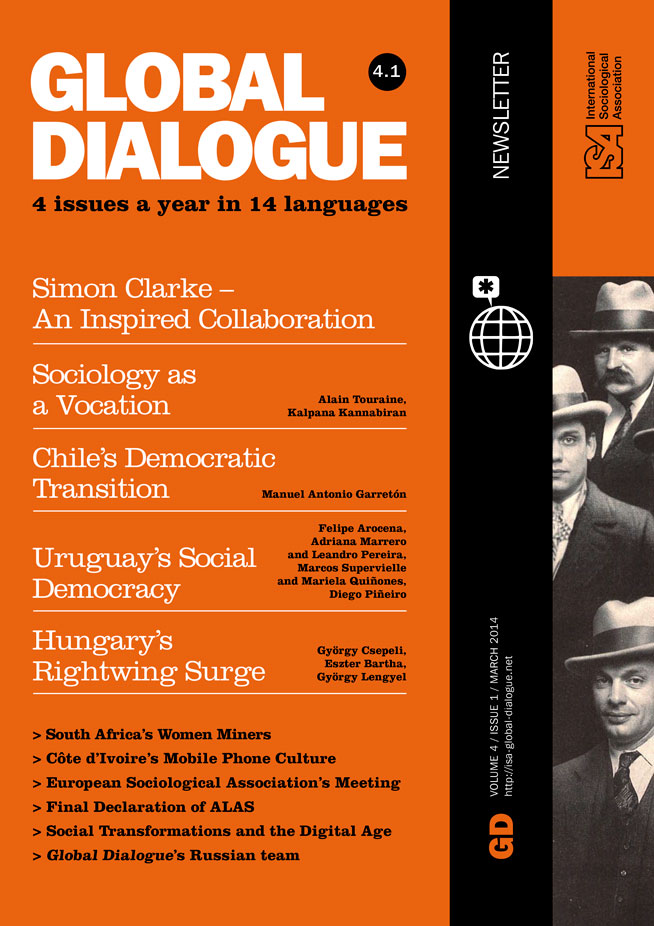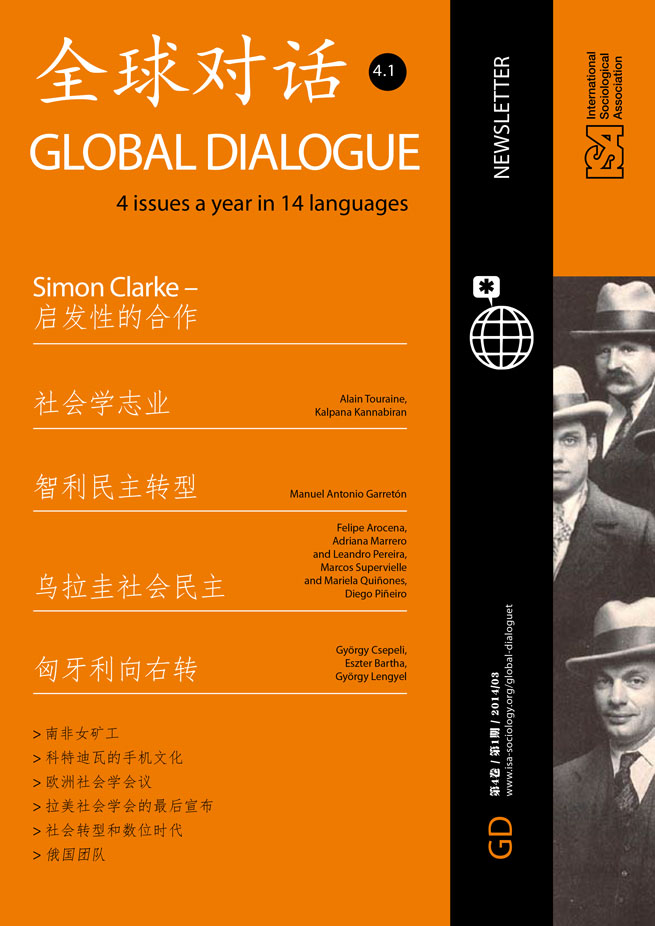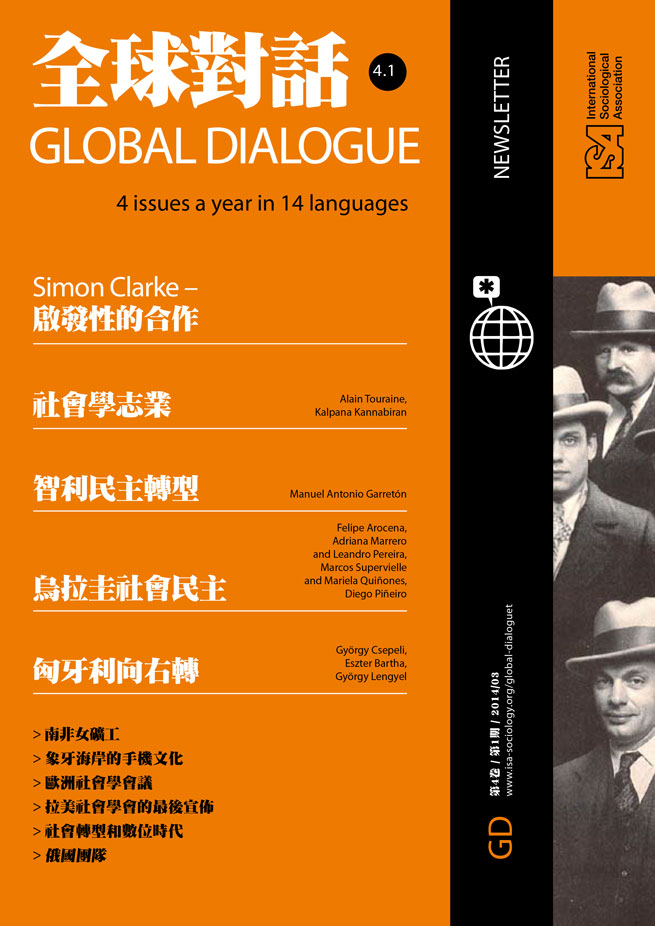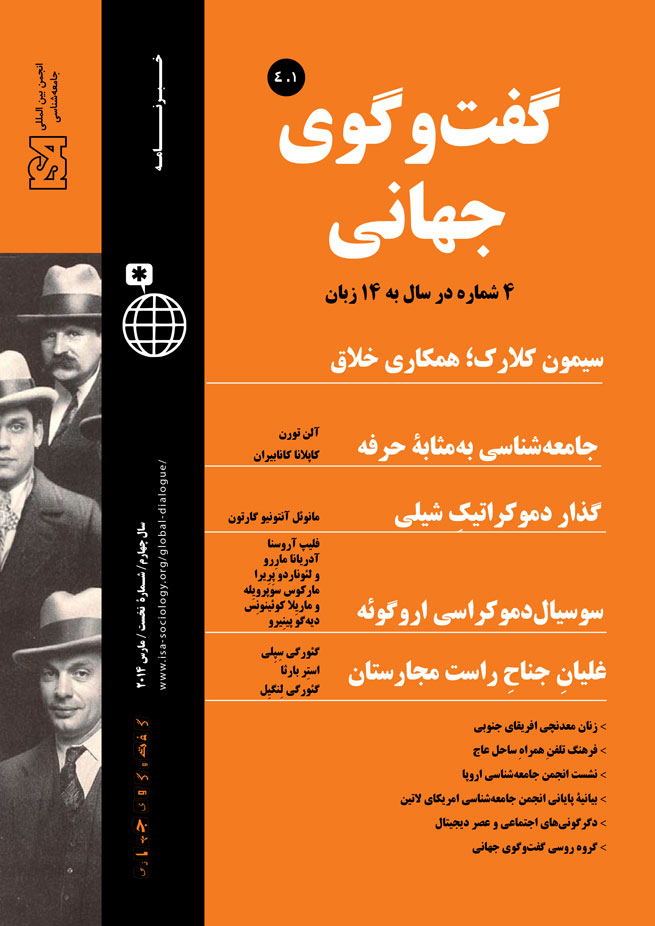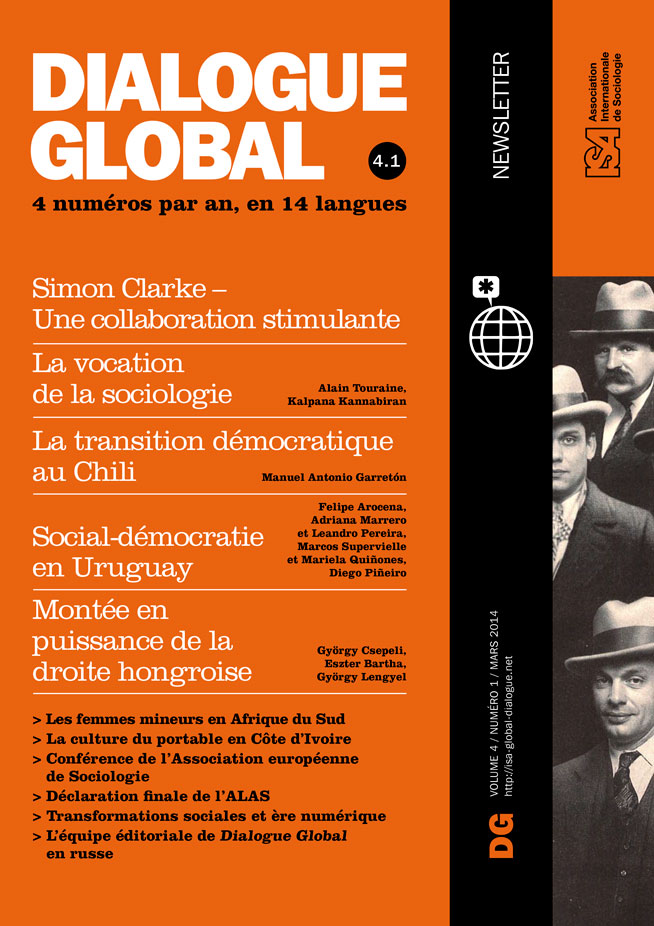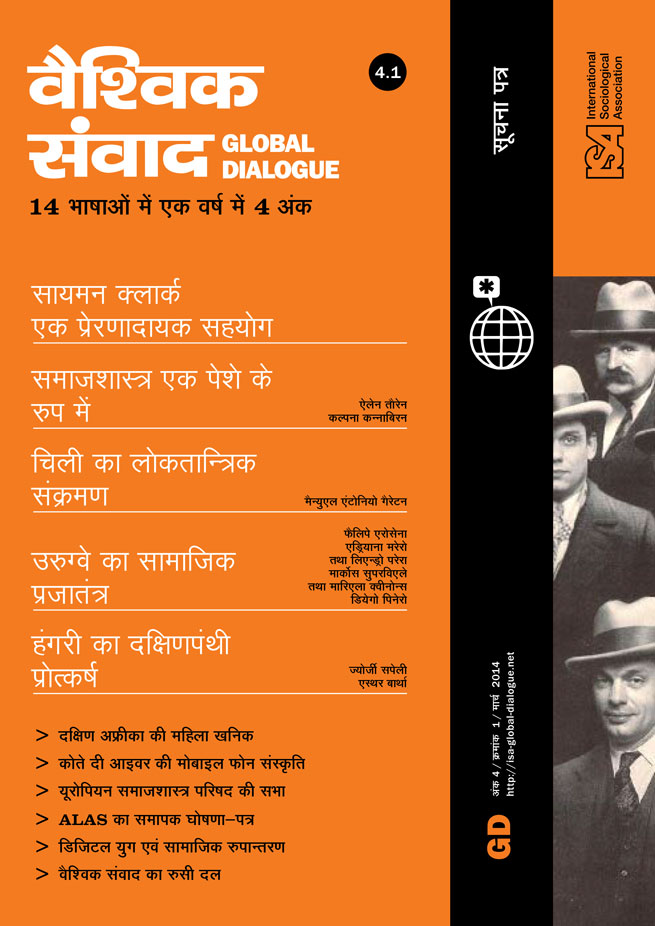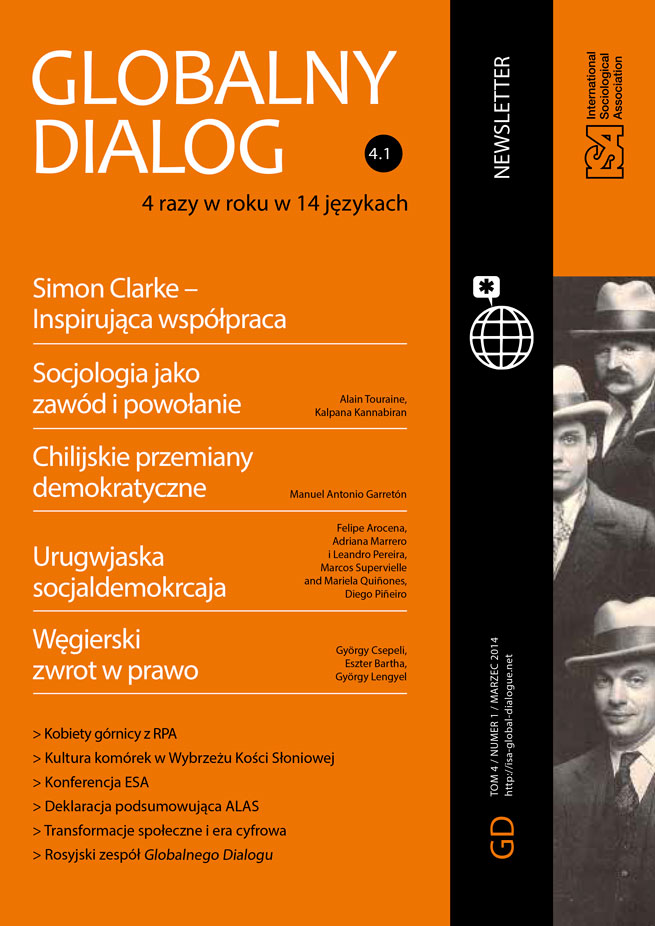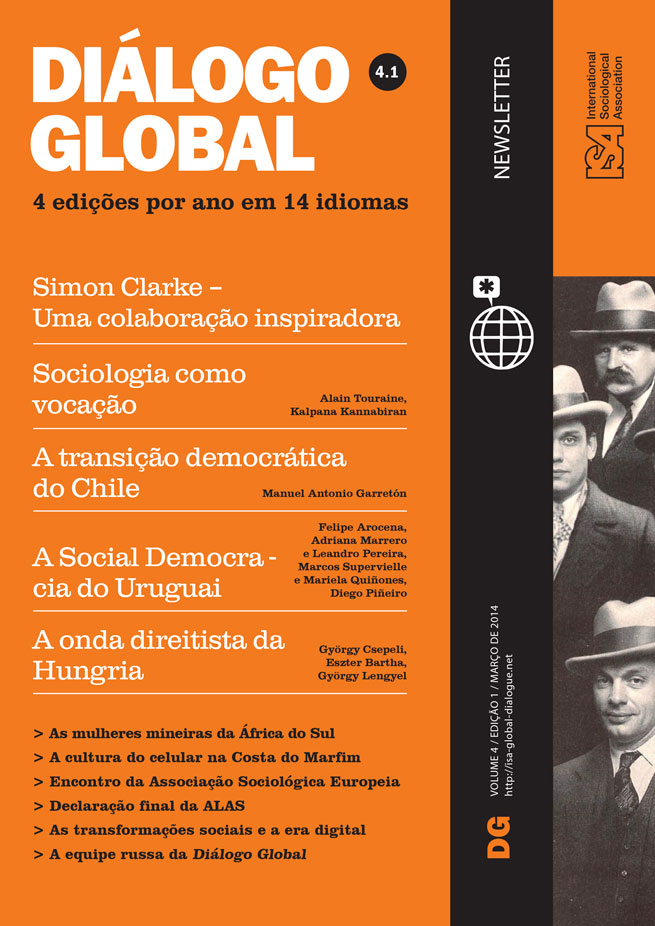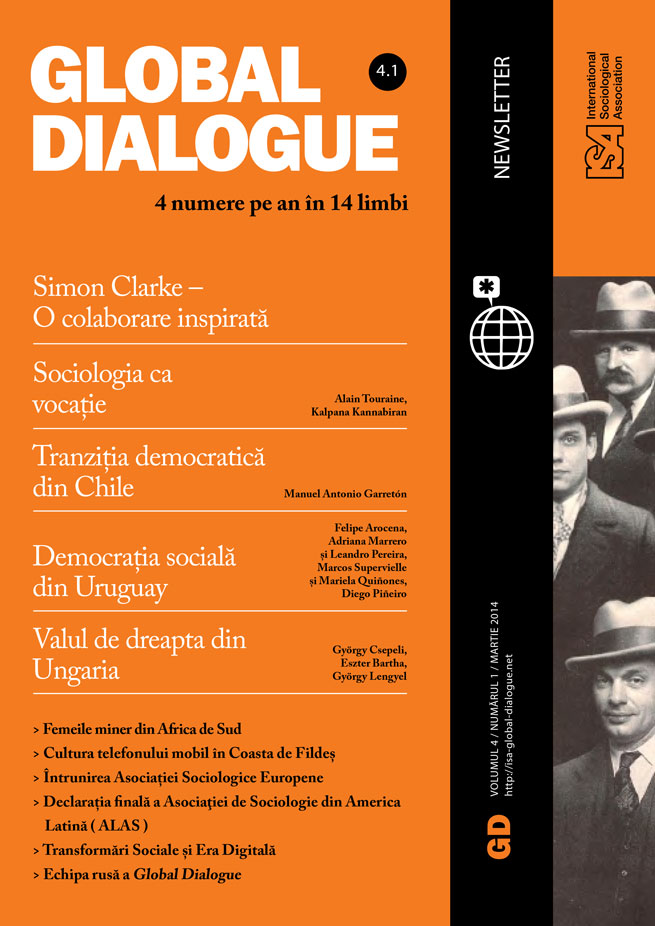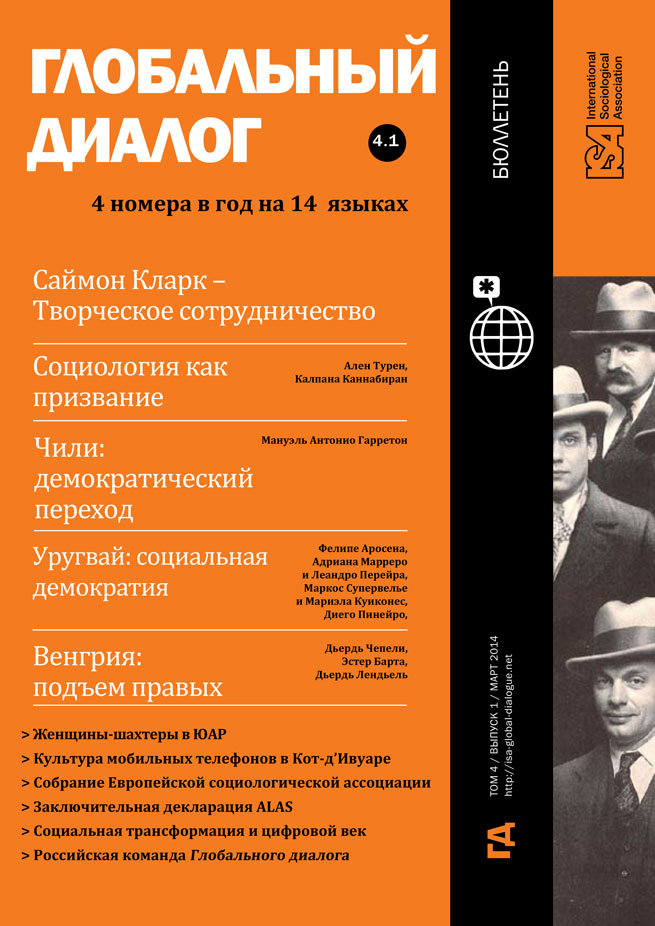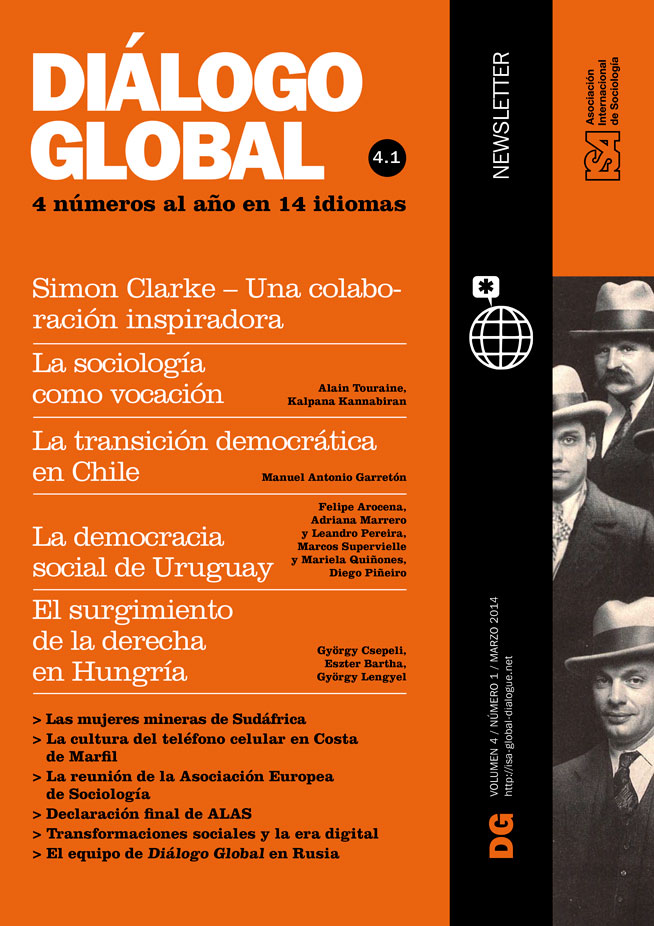On the (Ir)responsibility of Elites
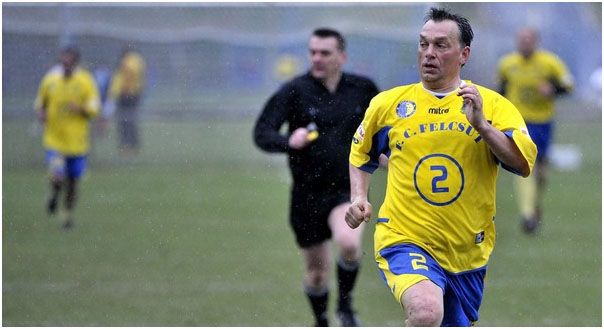
February 10, 2014
The Hungarian Prime Minister has a penchant for sports, particularly football. He often ends his speeches with “Forward, Hungary!” – a formula he borrowed from Berlusconi. Hungarian football is out of sorts nowadays. So is the political elite, appearing somewhat feeblish. At the darling venue of the Prime Minister’s childhood, next to his provincial house, a stadium is being built with access via a planned narrow-gauge railway. Many dislike this. Others don’t. They say: “Let’s be proud of what we have accumulated.” In the vein of what the Deputy Prime Minister enunciated when still a politician in a rural town: “If you have nothing, that’s what you are worth.”
This mentality could be found in the Hungary of the late state socialist period. From the seventies, after the decades of wartime privations, delivery obligations and forced collectivization, consolidation opened the road for individuals to feather their nests through a symbiosis of the quasi-market of the cooperative and the household plot, redistribution and the second economy. As a result, storied houses began to crop up in Hungarian villages. Many turned out to be hard to heat and inconvenient to live in, but they functioned well as prestige goods. The current ruling elite’s prestige goods are the stadiums. They need not be owned – it suffices that they are associated with their names, like the pyramids, triumphal arches and cultural establishments of other countries.
However, the main trouble with the Hungarian political elite is not vainglory, greed and tastelessness. I fear that the consolidation of the Hungarian democracy is at stake – this being the main responsibility of the Hungarian political elites. One need not be elitist to see that the elites have a fundamental role in designing social alternatives. And the political elite here and now is merely simulating adjustment to the democratic institutions while it behaves in a norm-breaching manner in weighty and significant matters.
Two such violations can be mentioned briefly. One is the denunciation of the elite settlement. The acceleration of the replacement of elites before the great changeover contributed to a process of political transformation that took place fairly quickly and without major social shocks. This, in turn, facilitated the agreement between the state-socialist elite and the elites of the rising democratic opposition. The roundtables of 1989 constituted a mechanism of elite settlement through which the elite structure appeared to develop a consensual project. There was a broad consensus around the adoption of the rules of parliamentary democracy with basic freedoms, the multiparty system and respect for private property. Actors mutually accepted each other’s legitimacy and the rules of the game. That fractions of the political elite, following partisan interests, often re-wrote the operative rules of the consensually unified elite or denied their rival’s legitimacy seemed to be disturbing but minor episodes that could be conveniently overlooked or swept aside.
The other grave norm-breaching example refers to donations collected during election campaigns that exorbitantly exceeded the legally permitted amounts. Party funding, specifically campaign funding, is an obscure, grey zone between legality and illegality which might determine the prospects of the Hungarian political elite. As Transparency International calculated, in the previous elections both leading parties – now ruling Fidesz and the opposition Socialists – spent at least triple the legally allowed amounts. Other specialists estimate this spending as far higher. Several initiatives have been made to modify the political financing act so as to make campaign financing more transparent, but none have been passed. This is not a specifically Hungarian phenomenon, but here and now the consolidation of democracy is at stake. Apparently, it is the interest of the ruling elite to keep up the muddled grey zone around party financing. The elite realizes but overlooks how much this situation is untenable. To be more precise, it sees it clearly but tends to interpret it in ideological terms.
A former Socialist Prime Minister, who has founded a new party since his premiership, hinted at the past absurdities in the funding of the two large antagonist parties, but said he was waiting for charges to be laid against him, before providing the concrete data in court. It is not quite clear what keeps him from telling the truth beforehand. The present Prime Minister mentioned that a ruthless segment of big business had wriggled itself into politics, first of all into the party of his adversary, the Socialists. A member of the former democratic opposition and ex-minister argues that the present governing elite has built up a mafia state, for the government can manipulate the economy and redistribute the revenues to its clientele with the help of laws and regulations.
There is no anarchy or dictatorship in Hungary. However, both may emerge, the latter standing a greater chance. With its two-thirds parliamentary majority (actually a minority in terms of eligible voters), the conservative government has put through a new constitution, new law of the media, a new act concerning elections and a new labor code and accomplished all this without first achieving broad support. These have cut back earlier rights and entitlements to a considerable degree, restricted the judicial review and threatened democratic checks and balances. The influence of the EU appears to be very limited and the voice of critical intellectuals is also faint. The Prime Minister’s managing style is authoritarian and toxic; people are afraid of the uncertainties caused by the protracted crisis so they call for social care and greater equality.
This encourages populist rhetoric that presents itself as the fight for “economic freedom,” displays an arrogance towards international political partners and becomes the excuse to levy special taxes such as those imposed on the banks and other economic branches mostly of foreign ownership. It is also possible that this is not mere rhetoric but the governing elite does indeed think that they have to fight against external political and economic constraints to avoid the “country becoming a colony,” and that they have to considerably cut back the country’s external debts amounting to 80% of the GDP because “someone in debt is no longer free.” Sociologists, however, well know the social technique which tries to strengthen unity by creating phantom and alien enemies. As a by-product, a xenophobic and racist party got into the Hungarian parliament as a result of the last elections.
Over two thirds of the Hungarian adult population speak no foreign language. The state media present foreign criticism of the government as offenses against the entire Hungarian nation. The great majority of the independent media is tabloid which tends to interpret the world as the struggle between heroes and wicked people. Nowadays the Hungarian political elites deserve this antagonistic description as they are extremely disunited. It is however mistaken to think that the consensual model envisioned in 1989 has simply been replaced by a competitive majoritarian model.
The Prime Minister does not conceal his intention to overcome this disunity by creating a “central field of forces,” or, in other words, by cementing his ruling position for several elections to come. That – he claims – is indispensable for the elite to fulfill its cultural obligation, that is, to put forth examples of how to live “nicely, nobly, and tastefully.” This latter is a literal allusion to a former political theorist, István Bibó, who emphasized the social responsibility of the elite. So far the examples of elite behavior do not offer promising prospects for the future. What critics find is a mediocre selfishness and manipulative machinations wherein the governing elite is involved in the leasing of state land and the distribution of tobacco shop concessions to clientele. Bibó’s one-time polemicist, the youthful György Lukács passionately denounced the claim of a Dostoevsky hero that lying leads to truth, yet a little later he found it to be an acceptable solution. So far this recipe appears to have failed.
In the spring of 2014, elections will be held in Hungary. There is no doubt that they will be free elections. There is, however, some doubt about the elections being fair, and whether they will be controlled by the norm of restrained partisanship, meaning that the governing elite will refrain from abusing their excessive power to manipulate the media and the voters.
The Prime Minister likes to cite people other than political thinkers. In one of his annual addresses he cited the bon mot of an ice hockey player who said the secret of good playing is to “skate where the puck is going to be, and not where it has been.” It is an appropriate metaphor since the Prime Minister realized that the job of a statesman is to explore the real needs of the masses and to weigh the requirements and possibilities of the future, not only of the present. It seems however that the Prime Minister has not chosen the right playing style for this manly game: while he pretends to see the goal and the only right way toward it, he cuts up the ice rink so much and re-writes the rules so thoroughly, there is a chance that when the teams re-enter the rink, it won’t be the same game anymore.
It’s cold comfort to know that as long as there are free elections, there is still a chance for the convergence of the elites, for the opposing parties to abandon their positions so as to arrive at consensus – the precondition for a consolidated democracy. It is cold comfort because this process might take many years and it is not yet obvious what would usher the elites towards this goal.
György Lengyel, Corvinus University of Budapest, Hungary


